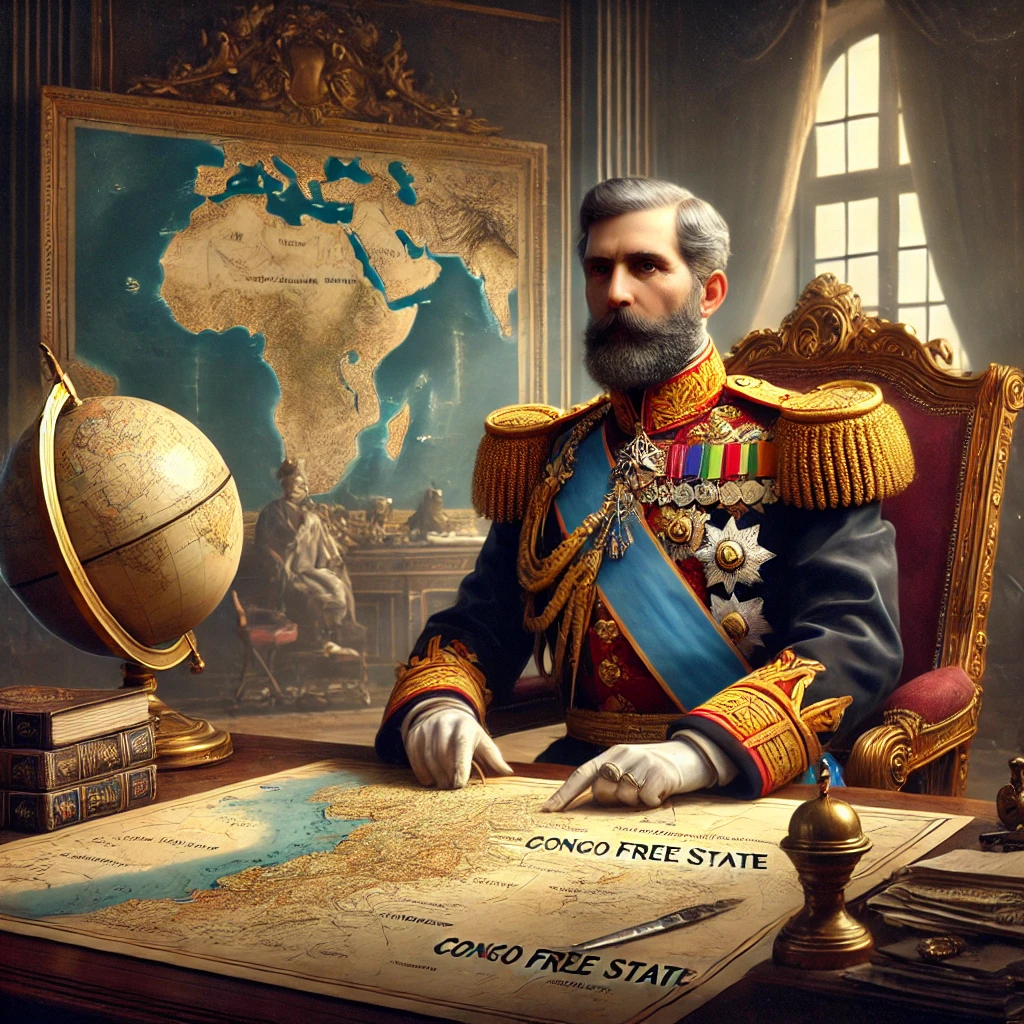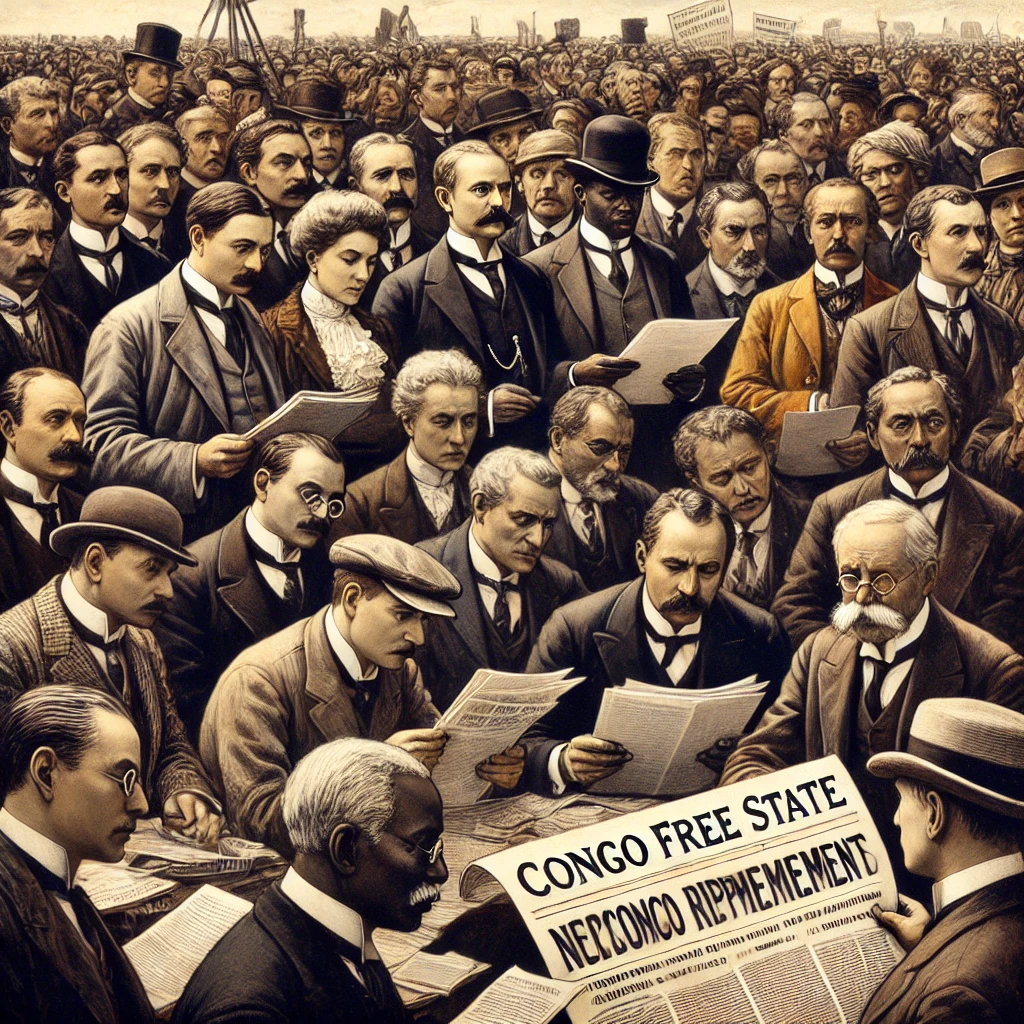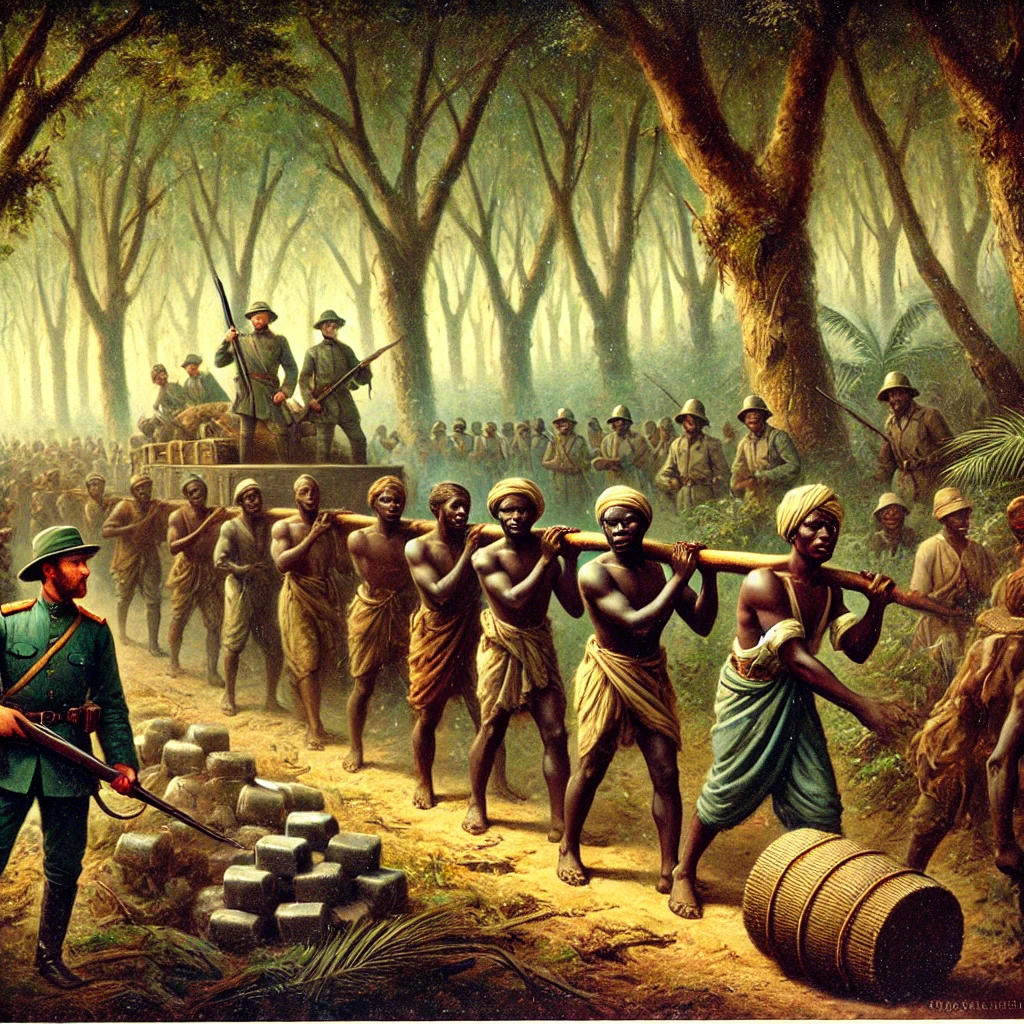A chapter in African colonial history began on February 5th, 1885, as King Leopold II of Belgium established the Congo Free State, marking the beginning of a horrific and challenging period for the region. Under the guise of philanthropy and economic development, Leopold gained control over the vast central African territory at the Berlin Conference. However, what followed was one of the most brutal and exploitative colonial regimes in history.

The Establishment of the Congo Free State
King Leopold II had long harbored ambitions of acquiring an overseas colony, and he saw the Congo as an opportunity to expand Belgium’s influence. Using deceptive diplomacy and lobbying European powers, Leopold secured international recognition of his private ownership over the Congo Free State, an area 76 times the size of Belgium. He justified his rule by promising to bring civilization, Christianity, and commerce to the region. In reality, the territory was treated as his personal property, leading to widespread suffering among the indigenous population.
Atrocities and Exploitation
The reality of Leopold’s rule was far from the humanitarian mission he claimed to champion. The Congo Free State became an economic engine for extracting natural resources, particularly rubber and ivory. Forced labor, brutal punishments, and systemic violence were used to meet production quotas. One of the most infamous methods of terror involved the severing of hands as punishment for workers who failed to meet quotas. The population suffered immense losses, with estimates suggesting that millions perished due to forced labor, starvation, and disease under Leopold’s rule.

International outrage eventually grew as reports of the atrocities reached European and American audiences. Investigative journalists, missionaries, and former colonial officials exposed the horrors of Leopold’s regime. Activists like E.D. Morel and authors like Joseph Conrad, whose novel Heart of Darkness was inspired by the Congo’s plight, played a crucial role in raising awareness. The widespread condemnation forced Belgium to take control of the Congo in 1908, officially ending Leopold’s direct rule, though colonial oppression persisted.
Lasting Impact on the Region

The legacy of the Congo Free State continues to shape the Democratic Republic of the Congo today. The exploitation and destruction of infrastructure, culture, and population growth set the stage for decades of instability. The forced labor system and economic extraction laid the foundation for ongoing resource exploitation by foreign entities, contributing to continued conflict and political turmoil. Even after gaining independence in 1960, the country has struggled with corruption, dictatorship, and civil unrest, with much of its instability tracing back to the brutal colonial period.
The Congo Free State serves as a stark reminder of the human cost of unchecked imperial ambition. It remains one of the most significant examples of colonial exploitation and the devastating effects of economic greed. Understanding this history is essential in addressing the lasting inequalities that stem from colonialism and in supporting efforts toward justice and development in post-colonial Africa.
As we reflect on this day in history, we acknowledge not only the atrocities committed but also the resilience of the Congolese people. Recognizing the past helps ensure that such crimes against humanity are never repeated and that global powers remain accountable for their historical actions.
